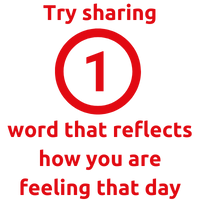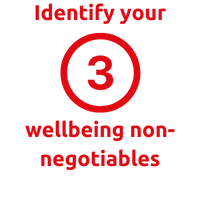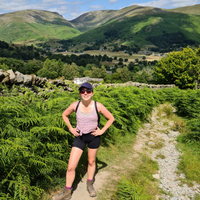The Stats Around Mental Health
The stigma around mental health is slowly being chipped away, but there are still many barriers preventing people from getting the relevant help and support. In February 2022, the charity Mind found that “one in four UK adults surveyed (25 per cent) who have experienced a worsening of their mental health for the first time during the pandemic have yet to have a conversation about it.” That is a lot of people, one million to be precise, who are shouldering their poor mental health alone.
Being open and honest with ourselves, as well as those that we spend time with, is vital to look after our wellbeing. In the workplace, for people to feel comfortable to talk openly and honestly, we must create an environment of psychological safety. According to LawCare’s research study ‘Life in the Law 20/21’ those aged “26-35 displayed the highest burnout scores, reported lowest autonomy, lowest psychological safety and highest work intensity” and “only 56% of those who had experienced poor mental ill-health over the past 12 months had talked about this at work.” As you can see from these stats, there is work to be done in our industry.
25% of adults who experienced worsening of their mental health during the pandemic have yet to have a conversation about it
Add Your Heading Text Here


Another exercise is identifying your wellbeing non-negotiables. This is a wellbeing non-negotiablesself-reflection exercise first, but is also about taking regular action. “By putting on that oxygen mask first, so that you are in the best place to support others. The exercise involves reflecting on those three things that you need in your life – that we believe should be non-negotiable.” Those three things that will support you and your mental wellbeing, particularly when life is busy and stressful. It might be going for a run three times a week, watching your favourite show, or getting eight hours sleep a night. The key is being specific about how often and for how long you need to do these things. This helps ensure that you are accountable to yourself, so you try to make them happen each day or week. There is however an element of being kind to yourself if you don’t manage to achieve them. This is just as important to remember
As Legal Geek wellbeing non-negotiables include…

Beth’s Non-Negotiables
1. Morning walks – I love walking (the picture is of me in the Lake District last summer!), so I either walk into the office if I have meetings, or go out for an hour first thing to our local park. It clears my head and sets me up for the day.
2. Tea – Everyone in the team knows I need a lot of tea throughout the day to keep going, so we take small breaks between meetings so we have a chance to refuel
3. Yoga – I’m lucky enough to live next door to a Yoga studio, so I go at least once a week (ideally on a Monday to start the week right!)


